Why is Harry Potter More Christian than His Creator?
On Wednesday, Harry Potter turned 38. I’m not talking about the books, but about the boy wizard, who in-canon, was born in 1980.
In honor of this occasion (sort of, but also because we were bored) my wife and I decided to re-watch the Warner Bros “Harry Potter” films.
As I filled her in on subplots and characters from the books which the movie adaptations cut, and which fans everywhere consider absolutely vital (Peeves, anyone? S.P.E.W.?), I was taken aback once more by what a traditional and even Christian story “Harry Potter” is, and what a startling contrast this strikes with the series’ author-turned-social-justice-Twitter-queen, J. K. Rowling.
I remember a time when my fellow Christian “Potter” fans and I were beleaguered and hiding beneath our invisibility cloaks from the rest of the Christian right (who thought we had all sold our souls to the devil). We held out hope that Rowling would turn out to be one of us. She certainly has identified herself as a Christian in the past, even confessing that she preferred not to make the fact public because she feared it would give away the ending of her story.
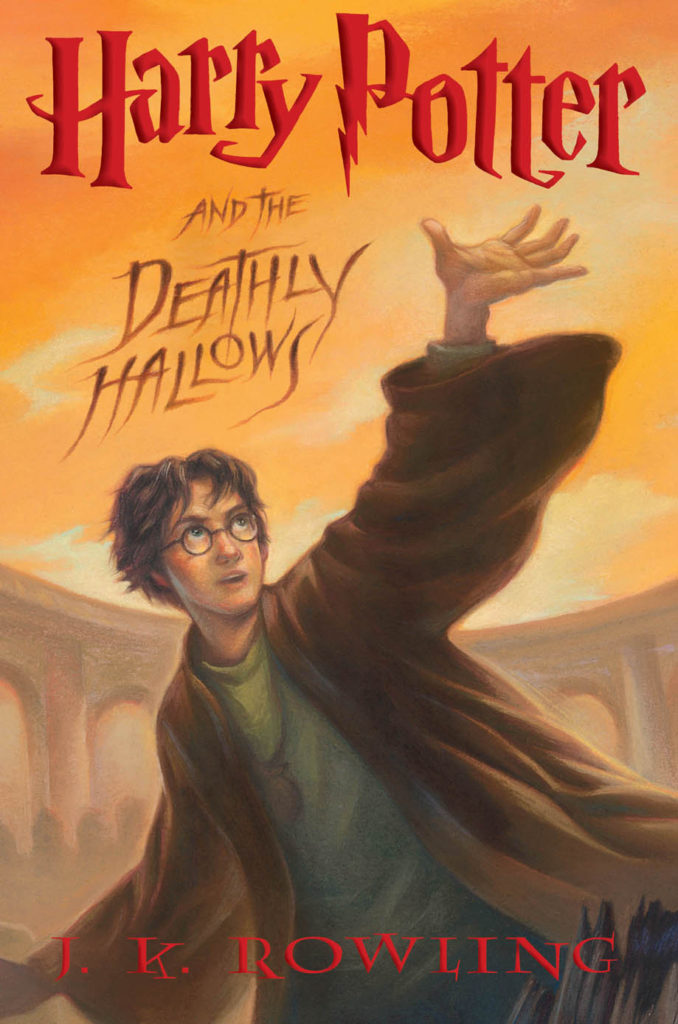 Well, the ending of her story has been available in bookstores for over a decade now—sacrificial death-and-resurrection-of-the-title-character and all—and it’s little wonder she was so secretive.
Well, the ending of her story has been available in bookstores for over a decade now—sacrificial death-and-resurrection-of-the-title-character and all—and it’s little wonder she was so secretive.
But a lot has happened in these eleven years, and thanks to the cancer-on-human-civilization we know as Twitter, Rowling has distinguished (diminished?) herself, not as the brilliant seamstress of spiritual subtleties we hoped she was, but as a tiresome, garden-variety moralizer for every fashionable leftist cause du jour.
That’s not the worst part: She has dragged Harry and his friends into it, again and again and again, selling her wondrous world and its characters for a mess of political pottage and pats on the back from other high-profile liberals in the U.K.
Rowling has come out for abortion “rights” and cheered LGBTQ causes and the redefinition of marriage, family, and gender at every turn. She has opposed conservative and traditional political causes and not only strip-mined her story for cheap talking points, but encouraged her left-wing followers to see themselves as a real-life Dumbledore’s Army resisting the dark and prejudicial forces of Brexit, Donald Trump, and pro-lifers.
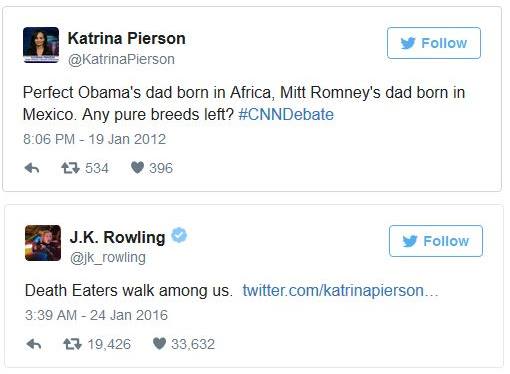
Rowling has reduced her own work—a series that shepherds children and adults alike through the very deepest questions about love, death, the afterlife, friendship, and self-sacrifice—into a dime-store political allegory. This makes me suspect deep down inside that she Avada-Kedavra’d the original author of “Harry Potter” and passed that genius’s work off as her own. Or like Gilderoy Lockhart, perhaps she is particularly gifted with memory charms, and the actual mind behind the-boy-who-lived and Hogwarts was obliviated a long time ago.
As evidence, consider:
 J. K. Rowling is exhaustingly pro big-government.
J. K. Rowling is exhaustingly pro big-government.- “Harry Potter” lampoons big government and bureaucracy as incompetent and stifling, even assigning it the acronym “M. O. M.” (Ministry of Magic).
- J. K. Rowling vocally supports abortion and government-funded birth control as crucial to the liberation and even survival of women.
- “Harry Potter” glorifies a big, beautiful, dirt-poor, obviously-Irish-Catholic family that has never even heard of birth control (the Weasleys).
- J. K. Rowling parrots the hyperbolic tantrums of mainstream news outlets, even scolding the BBC for comparing Donald Trump with Voldemort, because her story’s arch-villain was “nowhere near” that bad.
- In “Harry Potter,” mainstream media bias and the dishonesty of reporters are mercilessly mocked, Voldemort easily gains control of a supine press, and an anti-establishment, alt-news source is the lone voice still telling the truth.
- J. K. Rowling supports gun control and believes the government will defend us.
- In “Harry Potter,” the government fails spectacularly to defend its citizens, leaving students at Hogwarts to learn how to use deadly force to defend themselves.
- J. K. Rowling has applauded same-sex marriage referenda, endorsed pro-LGBT readings of her books, and famously outed one of her most beloved characters (Headmaster Albus Dumbledore) as gay, because no one should have to live in the closet.
- The actual “Harry Potter” books never breathe a word about Dumbledore’s sexual orientation or homosexuality at all, and idealize traditional, one-man-one-woman families.
More pervasively, the general sense in “Harry Potter” that tradition and authority are good things, that the oldest, most venerable wizards and witches are wisest, that Harry is inheriting something bigger, more ancient, and more significant than himself (as opposed to overthrowing the benighted old order to introduce something unprecedented and forward-thinking) is overwhelming and unmistakably conservative.
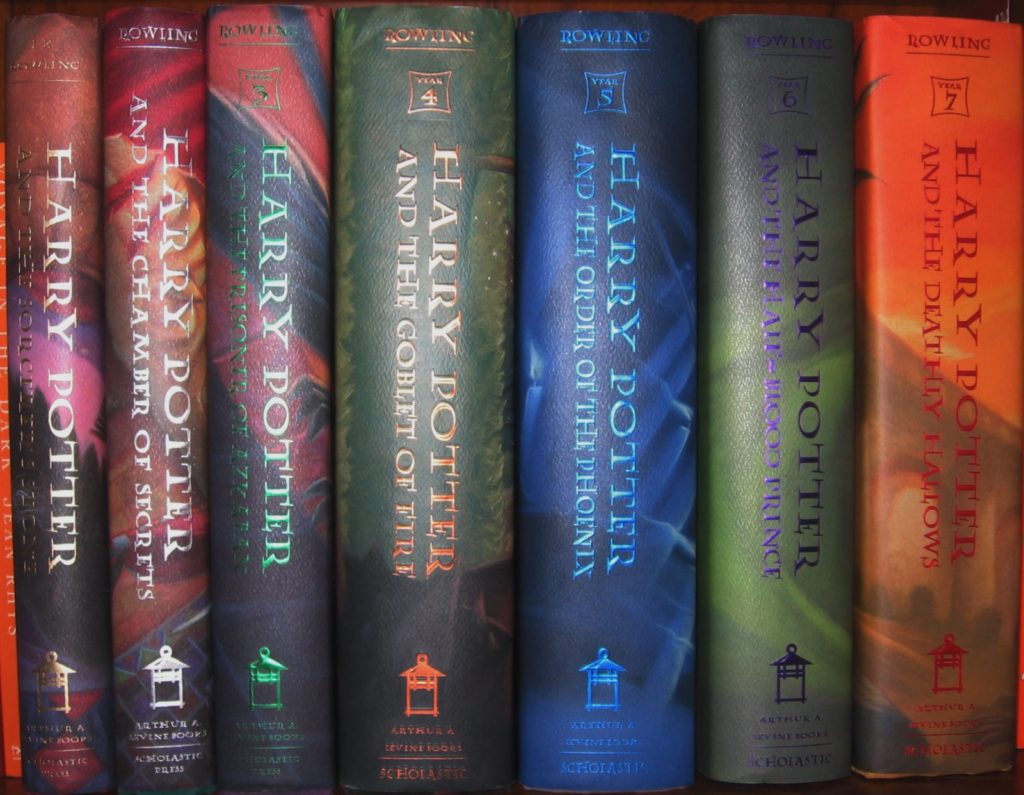
“Harry Potter” is a story of a nuclear family’s love, aided by the strength of tradition and even religion (Harry has a godfather, which means he was baptized as an infant), triumphing over ideology, bureaucracy, and the bad guys who literally worship and name their organization after death.
On a still deeper level, the echoes of Christian theology in “Harry Potter” that made me hope all those years ago that Rowling might be among the brethren are, if anything, more obvious to me now:
- The serpent-obsessed bad guys whose name (“Death-Eaters”) all but shouts “You will not surely die”
- Lily Potter’s sacrifice which imparts saving grace to her son
- Dumbledore begging for the cup of despair to pass from him before he is betrayed by a friend
- The Bible verses on tombstones
- The horcruxes that serve as material allegories for one of those verses (Matthew 6:21: “Where your treasure is, there will your heart be also”)
- Harry’s agony in the forest (garden?) on his way to give himself up as a ransom for many
- His unceasing longing for a family; not two gay dads, not a generous social safety net, not a career-driven marriage with a spouse-who-has-the-right-to-choose, but a family…a mom and a dad and brothers and sisters and aunts and uncles and all the wonderful, dizzying connections blood and tradition create and which progressives are so busily dismantling
All of this makes me ask: where on earth is the woman who wrote this?
Certainly not behind J. K. Rowling’s keyboard. Not in the truest sense.
If I may venture a theory, “Harry Potter” transcends its author precisely because the things she wrote about transcend individuals and their political and religious views. They are timeless truths, archetypes and contours of reality that are simply necessary fibers of any captivating yarn.
As Christoph Niemand points out, Rowling didn’t write these truths, but she, like all writers, is subject to them.
It makes sense that a great story like “Harry Potter,” with its celebration of tradition, of family, of legitimate authority, and even of religion is more Christian than its author. That’s what makes it a great story.
































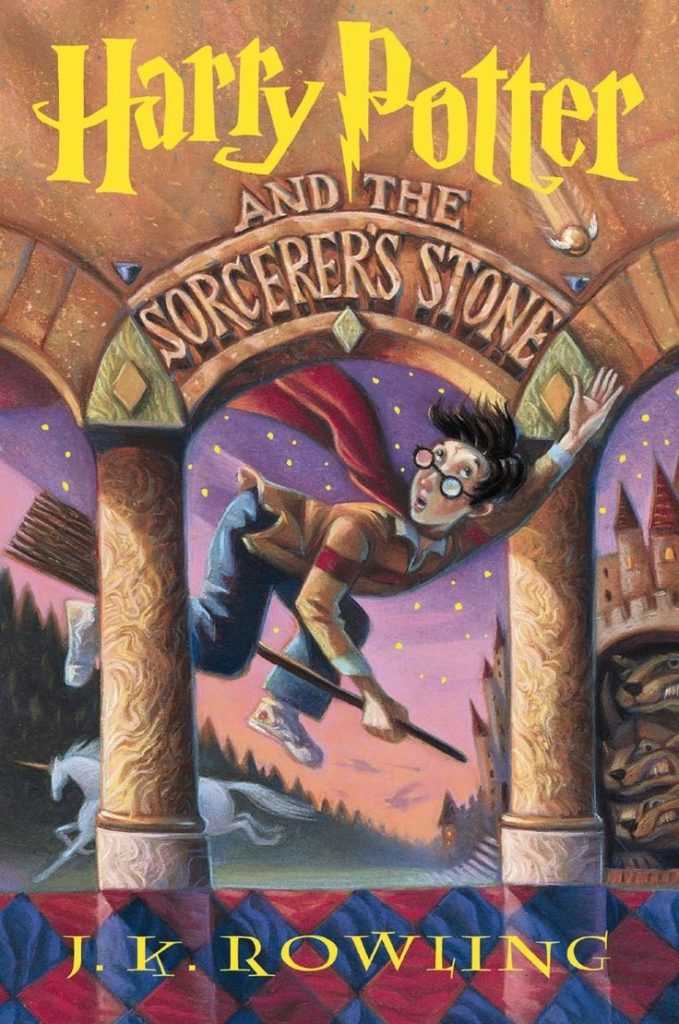

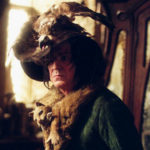





Very interesting! Especially the contrasts between JKR’s public stances and the themes in the novels. Well done!
G
Fascinating thoughts. Actually, I am currently reading through the books again (introducing my kids!! Which is fun because I was forbidden to read them growing up) and alongside this, my husband and I have been watching through the films again. And something VERY clear and obvious that I noted from page one is how black-and-white-evil Rowling tends to paint her villains, specifically the Dursleys. I can’t help feeling that she treats her real-life political opponents like she treats the Dursleys in the books: not just wrong, but also necessarily stupid, and completely odious. If someone is a villain in her eyes, they are worth poking fun at, maligning, and mocking. Unfortunately I see this reflected both in her books and in how she talks on Twitter. But I think your analysis is spot on…she writes truth into her stories because she is subject to it. I also think the world has changed a lot since the HP books hit the market, and she maybe feels the need to go back and shoehorn in viewpoints the books didn’t necessarily espouse, so that they fit with the relevant themes of the times.
Alternately, it could be that Harry Potter is so bland (as a character) and pretty boilerplate (as a series’s major themes go, her brilliance was in the details) that it’s super easy to map mainstream values onto them (which is probably why it’s such a monumental seller).
Also JKR is not actually that radical, lots of her stances are pretty mainstream for Britain, which I know lots of American deep conservatives like to paint as a socialist hellscape when it suits them (oh noes, nationalized health care!1!!1 the horror!!!1!)
At least the woman puts her money where her mouth is, she’s a merely millionaire because she’s given away enough that’s she’s no longer a billionaire.
Good article! I have a couple thoughts. In many ways, your conclusion refutes the very popular notion among Christian authors that we don’t have to be intentional about infusing our stories with what we believe because our worldview will just naturally spring forth.
The second point has to do with Rowling personally. I think she may have taken a liberal turn when 1) so many Christians rebuffed her story and 2) her money has tested her mettle. I could be wrong about this, but I also think someone in her family is openly gay, but I could be confusing her with Anne Rice.
Either way, when someone just goes along to get along, then they don’t have real convictions. Think Bill Clinton signing the Definition of Marriage act into law and then repudiating it years later when the left was overrun by the LGBT lobby. Essentially Clinton “believed” in heterogeneous marriage, until he didn’t. So too, with Rowling, I think.
Becky
I’ve never read Harry Potter, but from what I’ve learned about Rowling from listening to her interviews, etc, she seems to have had a pretty hard life. I don’t approve of everything she says and does, but it sounds like her hardships cause her to have compassion for those she considers downtrodden and to attack everyone else that happens to upset her. Ironically, that means that she has a lot less empathy than she should have, seeing as she doesn’t seem to approach the world with nearly as much nuance as a person should. It sort of simultaneously makes me feel vaguely irritated with her, but also sad for what she’s dealt with in her life.
Also, just because someone is said to have a godparent in a story doesn’t mean the author is saying that child was baptized. Sometimes when I see people talk about godparents, they are merely referring to the people designated to take care of a child in the event of the parents’ deaths.
If having a godparent is in relation to a baptism, that usually means infant baptism, which traditionally lots of Protestant denoms are very much not okay with.
Yeah, that might be why I didn’t really know about the godparent and baptism connection until much later in life. Growing up in a Protestant denomination, I was always taught that salvation, baptism, etc. was a personal choice. So basically it seemed that they didn’t approve of infant baptism because the infant was too young to choose it, which means the infant wouldn’t achieve salvation or gaining any meaning from the baptism.
JK is another person with the Light of Christ, but is heeding the call of the a Great and Spacious building.
J.K. Rowling is a Christian author and has explicitly said so. That does not mean she writes Christian fiction. Notleia’s right, her positions are quite mainstream, even conservative in the U.K. Currently, the main people who are attacking her are on the left. Not trying to convince you off anything here. I don’t know what the term “more Christian” even means. That seems to treat salvation like a process rather than an event, which ironically is a fairly heterodox position within evangelical circles. I also don’t know why opposing Brexit makes one a social justice warrior. That could just as easily be about just honest policy evaluation, especially since Rowling might think it would lead to a crackup of the U.K. (she is Scottish remember).
I have to be honest, I find far more orthodox Christian belief in both Rowling’s novels and her personal life than I do in most evangelical speculative fiction, which often seems to equate political orthodoxy with doctrinal orthodoxy. Don’t get me wrong, I love Christian speculative fiction writers, I just don’t know why we need to attack Rowling for differences of political opinion.